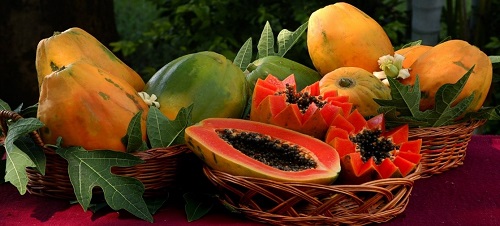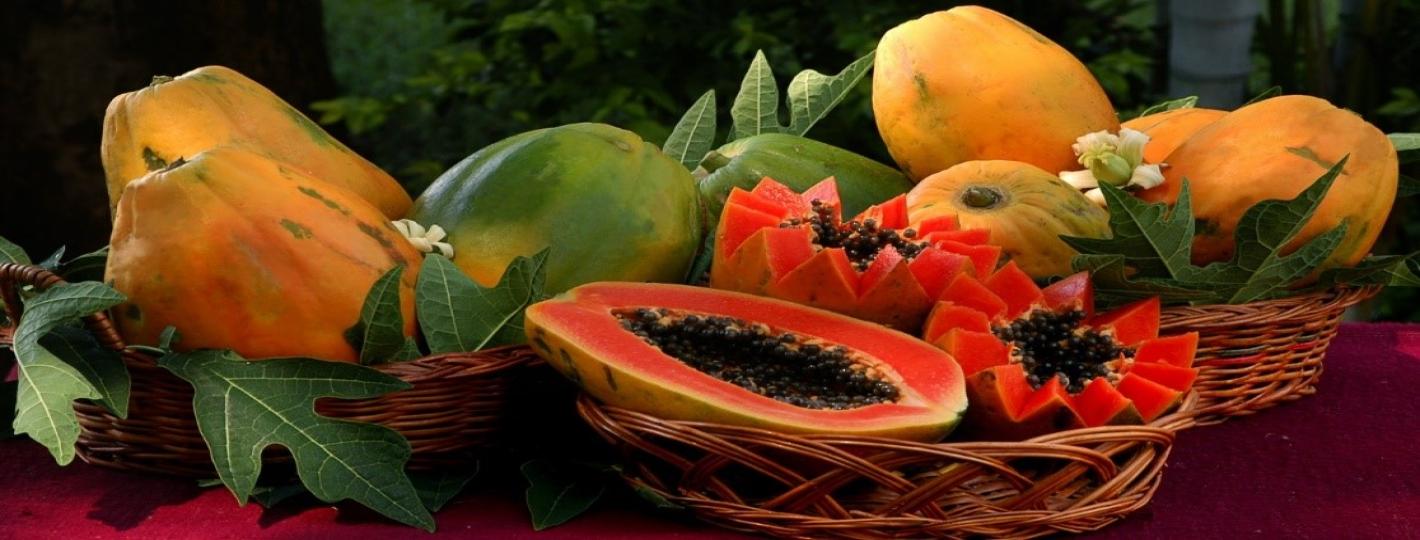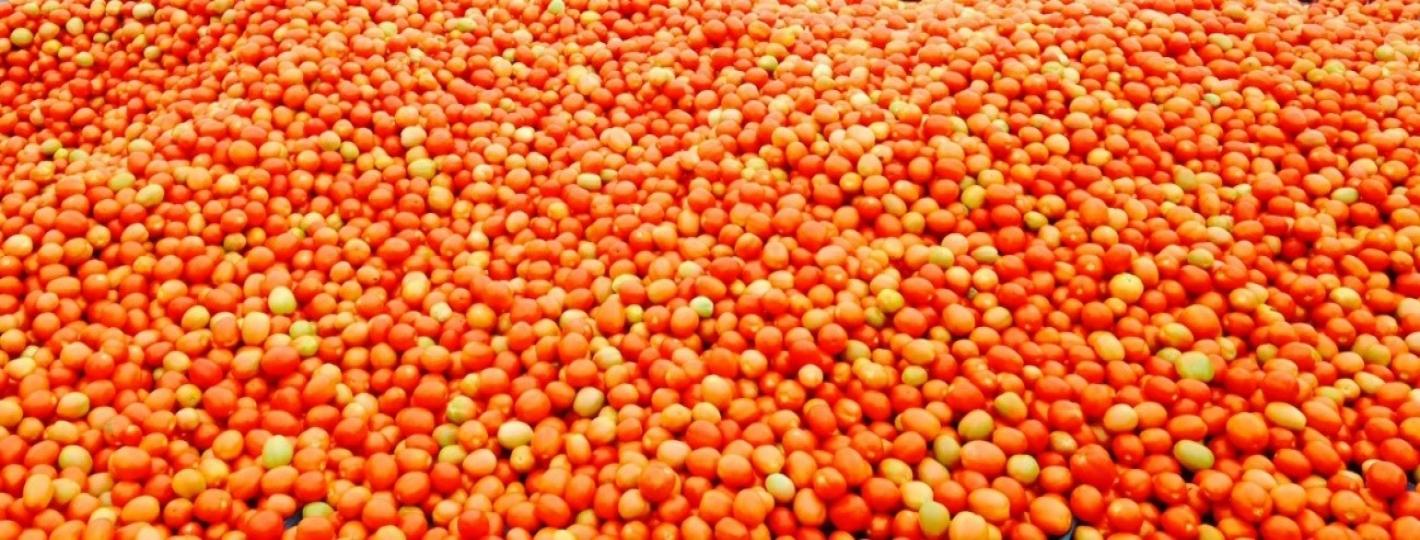Introduction
Horticultural Science Division is one of the largest divisions of ICAR carrying the research programmes for developing high yielding varieties of fruits, vegetables, plantation crops, tuber crops, flowers, medicinal & aromatic plants, spices and mushrooms through its 12 National Institutes, 5 Directorates, 6 National Research Centres, 11 All India Coordinated Research Projects (AICRPs) and 5 other projects through their 355 centres located in various ICAR Institutes / Central and State Agricultural Universities (CAU/SAUs) in different states of India.
All above Institutes/AICRPs/Other projects have been categorized in five major schemes, viz.
- Improvement and management of tropical, subtropical and temperate fruit crops.
- Improvement and management of root, tuber, bulbous and arid crops.
- Improvement and management of vegetable crops, floriculture and mushroom.
- Improvement and management of plantation crops, spices, medicinal and aromatic plants and island ecosystems.
- Enabling climate resilience and ensuring food & nutritional security through genome editing in horticultural crops.

Papaya fruits
During 2014 to 2023 National Agricultural Research System (NARS) under the aegis of ICAR has released & notified 485 improved varieties of different horticultural crops. These include 42 in fruit crops, 296 in vegetable crops, 23 in flower and other ornamental crops, 17 in plantation crops, 52 in potato and tropical tuber crops, and 55 in spices. These varieties are high yielding, tolerant to various biotic and abiotic stresses and having improved quality and suitable for cultivation in different agro-climatic zones of the country. Recently, 4 biofortified varieties, processing types and few rootstocks have also been released. Over 500 improved technologies have been developed for higher production and productivity.

Tomato fruits







 ,
,  ,
, 






Like on Facebook
Subscribe on Youtube
Follow on X X
Like on instagram